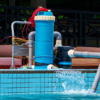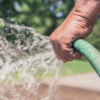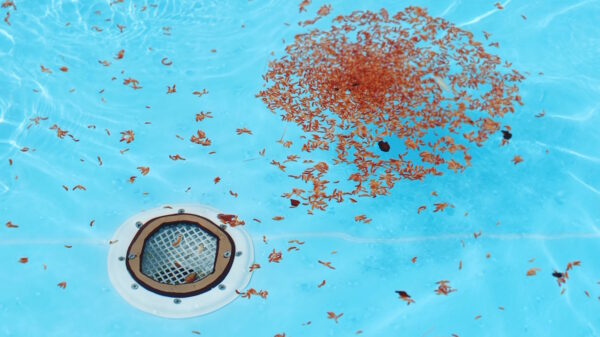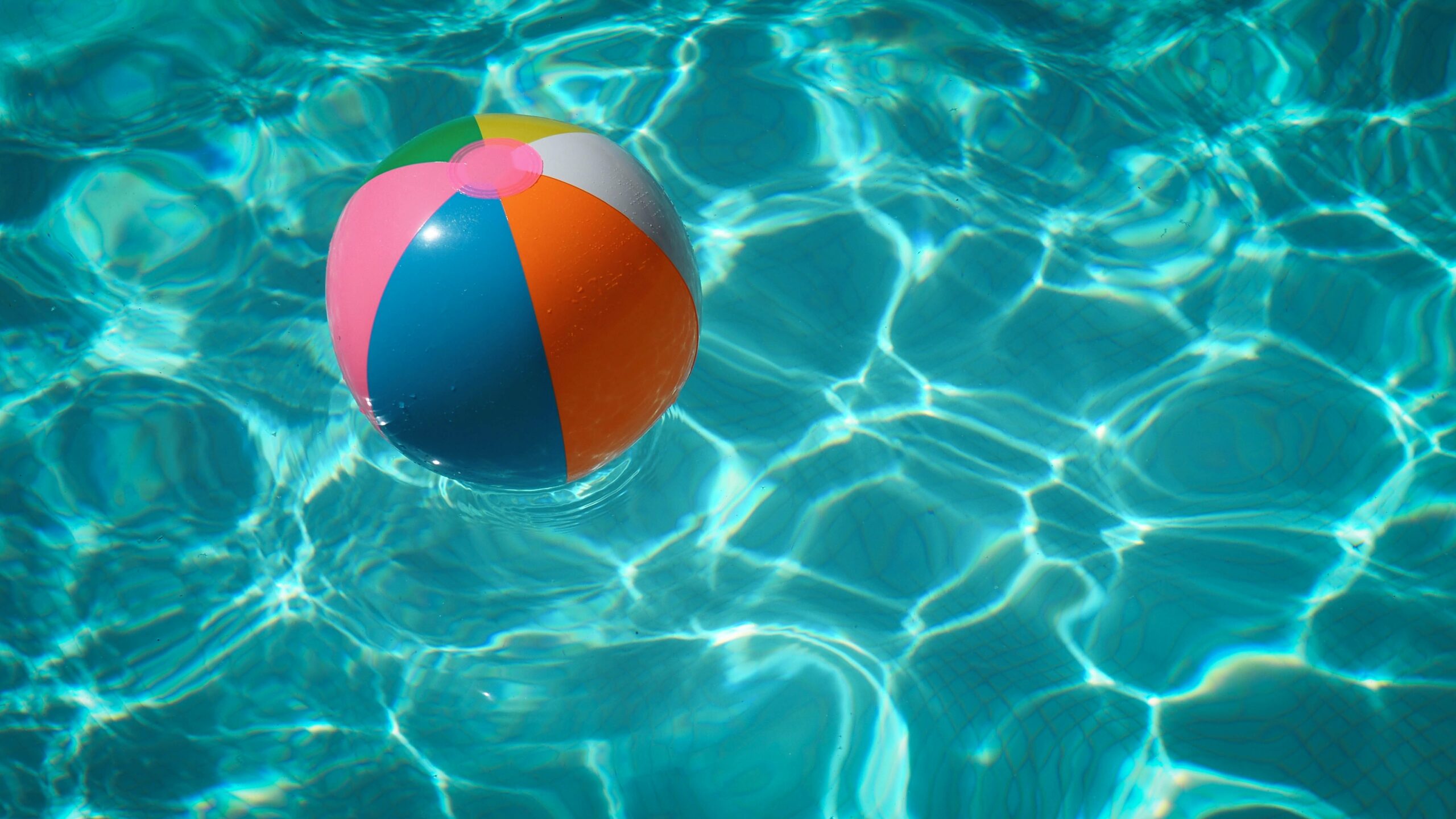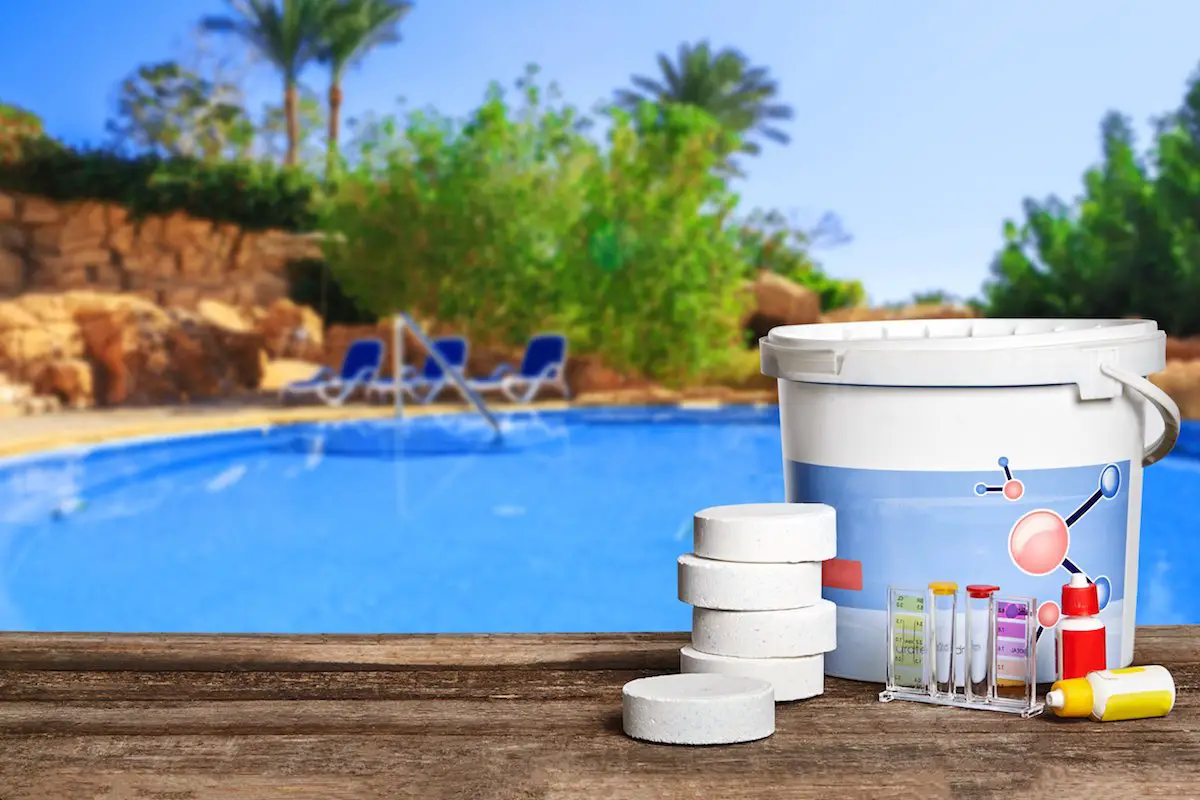How Can You Plan Ahead to Make Your Pool Opening Easier After Winter Closure?
As the winter chill gives way to the warmth of spring, it’s time to start thinking about reopening your pool. Proper planning and preparation can make this process a breeze, ensuring that you can dive into crystal-clear waters without a hitch. In this comprehensive guide, we’ll walk you through step-by-step, offering expert advice and addressing common questions to help you make your pool opening a stress-free experience.
Winter Closure Steps to Make Pool Opening Easier
Ensuring a smooth winter pool closure is key to an effortless reopening in the summer. Here are some essential steps you can take:
Balance Chemical Levels
Before closing the pool, ensure that the chemical levels are balanced. This includes pH, alkalinity, and chlorine levels. Balanced chemicals help prevent algae growth and maintain water clarity.
Shock the Pool
Give your pool a good shock treatment to kill any remaining bacteria or algae. This extra dose of chlorine will help keep the water clean during the winter months.
Clean the Pool Thoroughly
Vacuum and brush the pool walls and floor to remove any dirt or debris. This prevents the buildup of grime which can be harder to deal with after a long winter.
Lower Water Level
Lowering the water level slightly below the skimmer helps prevent damage from freezing. Be sure not to drain it completely, as this can cause the pool to lift out of the ground.
Winterize Equipment
Remove and store any removable pool equipment, such as ladders, floats, and diving boards. Additionally, ensure that your pump and filter are properly winterized to prevent damage from freezing temperatures.
Cover the Pool Securely
Invest in a high-quality pool cover that fits snugly over the pool. This will prevent debris from entering the water and keep it as clean as possible during the winter.
Monitor Throughout Winter
Periodically check on the pool to ensure the water level hasn’t dropped too low and that the cover is secure. Clear off any excess snow to prevent damage to the cover.
Use Winterizing Chemicals
Consider using winterizing chemicals designed to help protect the pool during the colder months. These can help prevent algae growth and protect against freezing
Anticipate Spring Opening
While closing the pool, keep in mind the steps you’ll need to take and the supplies you need to purchase when reopening it. This can help you prepare in advance and make the process much smoother.
By following these steps, you’ll set yourself up for an easier pool reopening in the summer. Remember, proper winter pool closure is an investment in the longevity and enjoyment of your pool.

Essential Steps for a Smooth Pool Opening in Summer
After months of winter hibernation, your pool is ready to shine again. By planning ahead and following these steps, you can ensure a hassle-free reopening process.
Assessing Winter Damage
Before diving headfirst into the pool opening process, take a moment to inspect for any potential winter damage. Look for cracks, leaks, or signs of wear and tear. Identifying issues early will save you time and money in the long run.
Cleaning and Skimming
Clearing out debris from the pool cover is the first step in the cleaning process. Use a pool skimmer to remove leaves, twigs, and any other debris that may have accumulated. This sets the stage for a thorough cleaning.
Removing the Pool Cover
Gently remove the pool cover, being careful not to let debris fall into the water. Clean and store the cover properly to extend its lifespan. If you have a safety cover, ensure it’s correctly removed following the manufacturer’s guidelines.
Testing and Balancing Chemicals
Once the pool is uncovered, it’s time to test the water chemistry. Use a reliable test kit to check pH levels, chlorine, alkalinity, and calcium hardness. Balance these elements to create a safe and comfortable swimming environment.
Shocking the Pool
Shocking your pool is essential to kill any algae or bacteria that may have proliferated over the winter months. Follow the manufacturer’s instructions for the correct dosage based on your pool size.
Running the Filtration System
Turn on your pool’s filtration system to circulate the water. Monitor the system for any signs of leaks or malfunctions and address them promptly.
Checking Equipment and Accessories
Inspect pool equipment such as pumps, filters, and heaters for any signs of wear or damage. Ensure that all accessories, like ladders and diving boards, are secure and in good condition. If you have pool equipment that you store over the winter, it is wise to consider a system of modular racks for easier access.
Filling and Monitoring Water Levels
Top off the pool with fresh water, maintaining the optimal water level. Keep an eye on it over the next few days, as evaporation may require additional topping up.

How to Winterize an Above-Ground Pool
Closing an above-ground pool properly for the winter is crucial to prevent damage and ensure a smooth reopening in the spring. Here’s a step-by-step guide on how to close your above-ground pool for the winter:
Clean the Pool
Thoroughly clean the pool by vacuuming the bottom and scrubbing the sides to remove any debris or algae. You want to start with the cleanest water possible.
Lower Water Level
To prevent freezing and potential damage, lower the water level in the pool. You’ll typically want to lower it below the skimmer mouth but not too low to risk the pool collapsing.
Winterize the Plumbing
Disconnect the pump, filter, and any other pool equipment. Remove drain plugs from the pump, filter, and heater if you have one. Be sure to follow the manufacturer’s instructions for winterizing your specific equipment.
Blow Out the Lines
Use an air compressor to blow out the water from the pool’s plumbing lines. Start with the skimmer and return lines. This prevents freezing and cracking of the pipes.
Add Winterizing Chemicals
Follow the instructions on the winterizing kit to add the appropriate chemicals to the pool. This typically includes a winter algaecide and a winter chlorine floater. These chemicals help prevent algae growth during the winter months.
Cover the Pool
Carefully spread the winter pool cover over the pool, ensuring it’s secure and tight. Use cover clips or cables to hold it in place. The cover should be taut to prevent debris from getting in.
FAQs (Frequently Asked Questions)
Q: Can I leave my pool covered all winter?
A: It’s recommended to use a pool cover during winter to protect against debris and algae growth. However, it’s crucial to periodically remove snow and ice buildup to prevent damage.
Q: How often should I test my pool water?
A: Testing your pool water at least once a week is essential to maintain optimal chemical balance and ensure a safe swimming environment.
Q: What if I find a leak during the pool opening process?
A: If you discover a leak, it’s best to contact a professional pool service to assess and repair the issue promptly.
Q: Is it necessary to shock the pool even if it looks clean?
A: Yes, shocking the pool is a crucial step to eliminate invisible contaminants and ensure the water is safe for swimming.
Q: Can I use regular household chemicals for pool maintenance?
A: It’s recommended to use pool-specific chemicals, as household products may contain additives that can harm the pool’s balance.
Conclusion
With the right preparation and a systematic approach, reopening your pool after winter closure can be a straightforward and enjoyable process. By following these steps and addressing common concerns, you’ll be ready to make a splash in your sparkling clean pool. Happy swimming!


